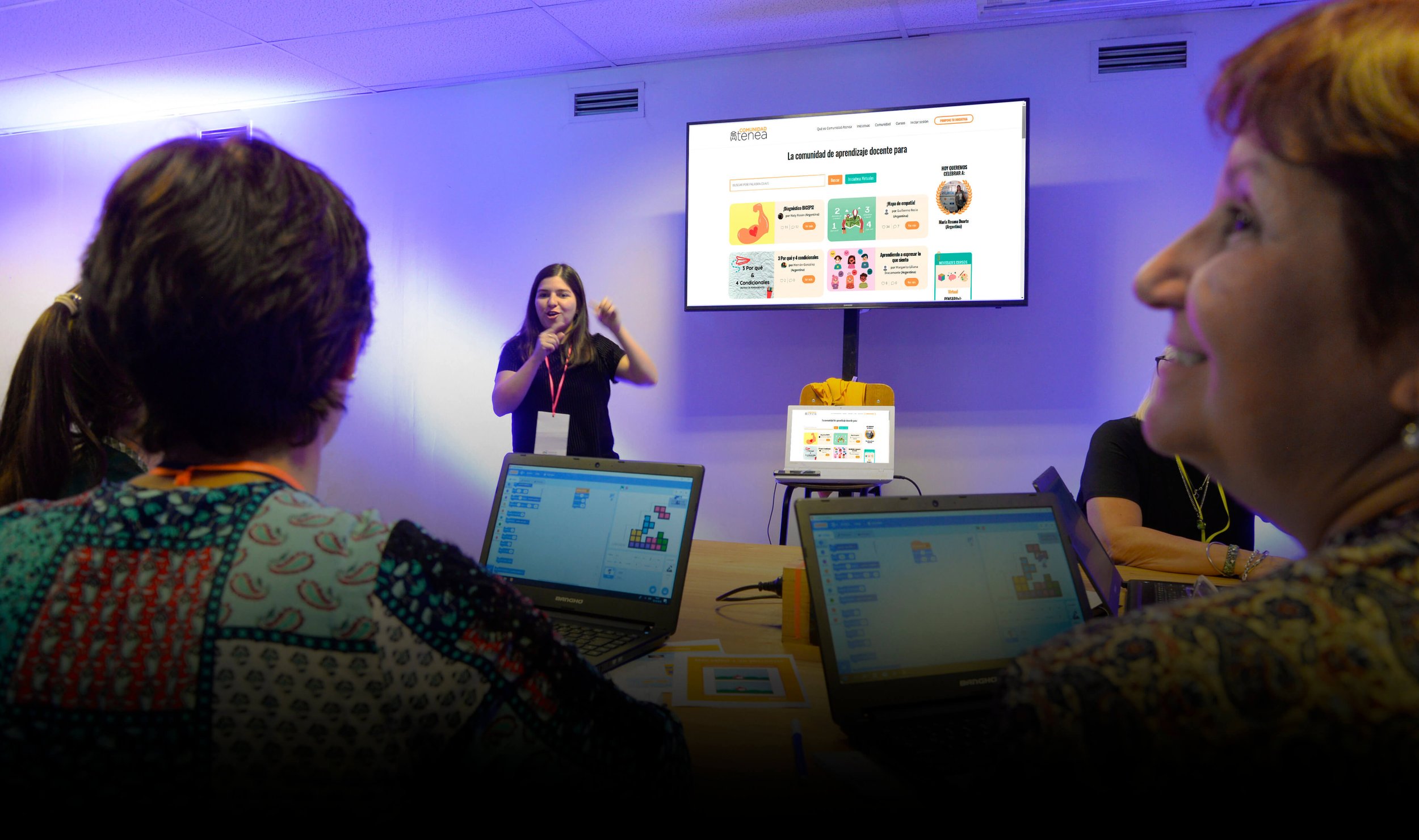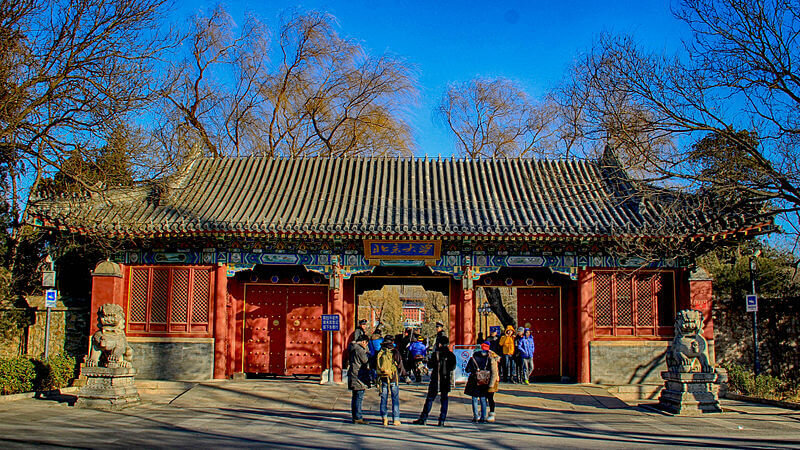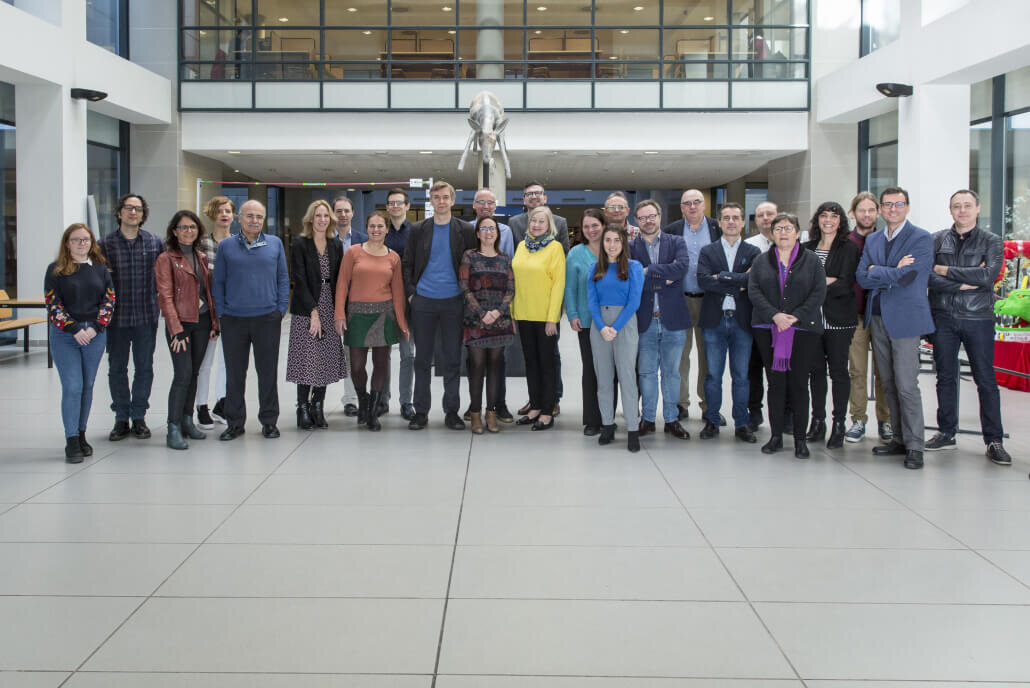Google Cloud proposes that 21st century companies be dynamic and distributed. Also, it encourages the development of specific skills to interact in a technology-driven environment.
Photo: Bigstock
Google Cloud launched a guide with the characteristics that portrays the successful and resilient companies of the 21st century. A vision of the impact of automation, AI, big data and blockchain in the future of the organizational environment.
With the aim of helping all companies, regardless of size, to face the challenges of the digital age, Google Cloud joined The Institute for the Future (IFTF) to design the guide “Beyond organizations, new models for getting things done.” It is a map that explores the interactions that will happen in business in the coming years and the new paths towards innovation.
The seven transformations in the organizational processes
- Recruitment. It will go from evaluating curriculums to valuing skills and reputation in jobs.
- Synchronization. The resources of the organizations will be decentralized and distributed. For example, there will be more remote teamwork in virtual reality environments and more resources will be shared in the cloud.
- Compensation. It will go from the monetary remuneration to an incentive portfolio system; recognition based on merit to generate ownership and higher decision making of workers.
- Planning. Constant feedback and rapid adaptability will occur instead of periodic strategic planning.
- Boundaries. Sharing resources regardless of frontiers is critical to enhancing the growth and development of products and services.
- Scaling. Companies will have networks of contributors and collaborators instead of employees.
- Resource allocation. Companies will rely on automated processes instead of managers’ decision-making.
The IFTF experts portray this new ecosystem with actors that will require skills such as the ability to work with automated systems, discerning between what is important and what is not or the ability to decipher unknown environments and adapt quickly, to name a few.
If you want to delve into the subject and see concrete examples of companies that are beginning to transform their work environments, download the research map here.
This article from Observatory of the Institute for the Future of Education may be shared under the terms of the license CC BY-NC-SA 4.0 
)
)











)
Luis F. Morán-Mirabal
Luis F. Morán-Mirabal
Luis F. Morán-Mirabal